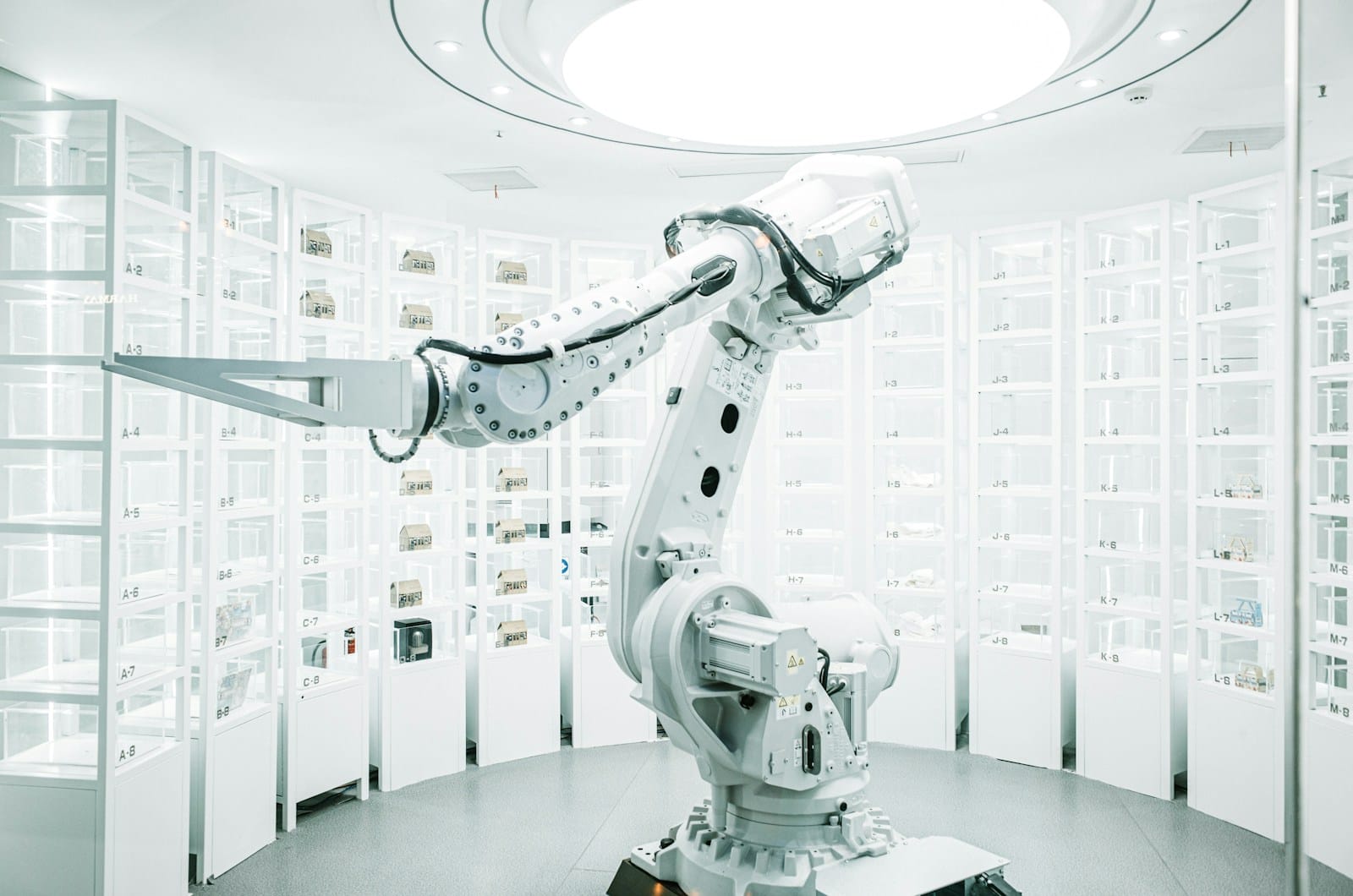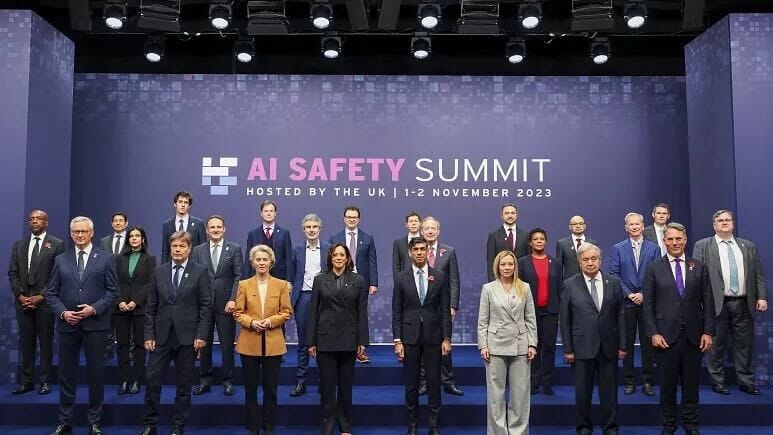Big Tech Pioneers Call for Pause on AI System Development
Big Tech leaders urge a temporary halt on AI advancements, citing safety concerns and a need for regulatory frameworks to manage the rapid evolution of artificial intelligence systems.

The rapid advancement of artificial intelligence (AI) has brought significant transformations across industries. However, amidst the euphoria surrounding these innovations, a growing chorus of tech pioneers is urging a pause in the development of advanced AI systems. According to a recent article by the Financial Times, prominent figures from the tech industry, including Elon Musk and Steve Wozniak, have called for a temporary halt to the creation of general-purpose AI systems due to concerns over safety, ethics, and interpretability.
The Growing Concerns Over AI
The thrust of the call for a development pause is anchored in the realm of safety and ethics. As AI systems become more advanced, the risk of unintended consequences increases. AI models, particularly those with general-purpose capabilities, often act as “black boxes” making it difficult to predict their behaviour or understand their decision-making processes.
Our website does not collect, store, or share any user data. If you enjoy our content and value your privacy, consider supporting us.
- Elon Musk, the CEO of SpaceX and Tesla, has been particularly vocal about the existential risks posed by advanced AI. He famously compared the development of powerful AI to “summoning the demon.”
- Steve Wozniak, co-founder of Apple, has echoed similar concerns, highlighting the ethical dilemmas posed by AI systems that can make decisions without human oversight.
These industry leaders argue that a cautious approach is essential to ensure that AI does not surpass human control or ethical boundaries.
Another pressing issue is the interpretability of AI models. The complex nature of machine learning algorithms often makes it challenging for researchers to discern how these systems arrive at specific decisions. This poses significant risks in critical applications such as healthcare, where an AI’s opaque decision-making process could potentially lead to harmful outcomes.
- Yoshua Bengio , a Turing Award recipient and a pioneer in deep learning, has stressed the need for AI systems to be interpretable and transparent to build trust and ensure accountability.
Open Letter to the AI Community
In an open letter addressed to the AI community, the tech luminaries propose a six-month moratorium on the development of AI systems more powerful than GPT-4. The letter emphasises that the pause would provide an opportunity to develop shared safety protocols, engage in meaningful public dialogue, and establish regulatory frameworks that can guide future AI development.
- Establishing safety protocols that mitigate risks associated with advanced AI.
- Engaging in public dialogue to better understand societal concerns and aspirations related to AI.
- Developing regulatory frameworks that ensure AI is developed responsibly and ethically.
The appeal has not gone unnoticed by government and regulatory bodies. Legislators in the European Union and the United States have already begun discussing potential regulatory measures to oversee AI development. The European Union’s proposed AI Act aims to classify AI systems based on their risk levels, implementing stringent requirements for high-risk applications.
- The European Union is introducing an AI Act to categorise AI systems by risk and impose strict guidelines on high-risk applications.
- In the United States, discussions are underway to create a coherent policy framework that balances innovation with safety.
Mathieu Michel, Belgian secretary of state for digitisation, administrative simplification, privacy protection, and the building regulation said:
“The adoption of the AI act is a significant milestone for the European Union. This landmark law, the first of its kind in the world, addresses a global technological challenge that also creates opportunities for our societies and economies. “
While the call for a pause has garnered significant support, it has also met with resistance from some quarters of the industry. Critics argue that a temporary halt could stifle innovation and hinder the competitiveness of companies operating in the AI space. Moreover, there is a concern that a unilateral pause by ethical companies might not be mirrored by actors in countries with lax regulations, potentially leading to an uneven playing field.
- Critics warn that a development pause could stifle innovation and competitiveness.
- Concerns exist that ethical companies might be disadvantaged if global actors do not adopt similar measures.
Bridging the Gap Between Innovation and Ethics
The ongoing debate highlights the need to bridge the gap between innovation and ethics. Ensuring that AI development is both safe and ethical is not just a technological challenge but a societal one. The call for a pause is a step towards fostering a more reflective approach to AI advancements.
- Balancing innovation and ethics is crucial for sustainable AI development.
- A reflective approach can help align AI advancements with societal values and norms.
The Bottom Line
As the AI frontier continues to expand, the voices of caution remind us of the profound responsibilities that accompany technological breakthroughs. The call for a temporary pause on the development of advanced AI systems underscores the need for a balanced approach that prioritises safety, ethics, and interpretability. It is a clarion call for stakeholders across the spectrum to engage in a constructive dialogue and establish frameworks that will shape the future of AI for the betterment of all humanity.
